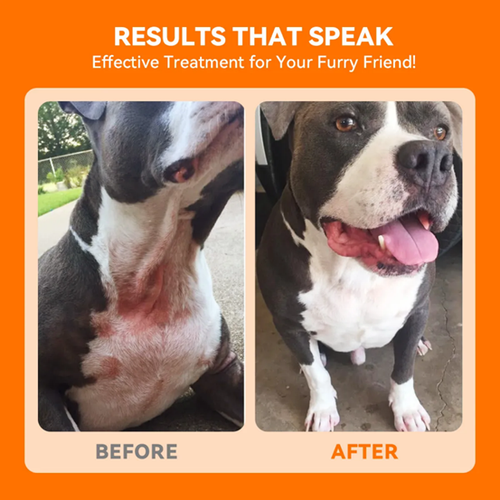Are you a dog owner dealing with your pooch’s troublesome tummy? You’re not alone. Digestive issues are common in dogs and can arise due to various factors. Providing some relief for your pup’s upset stomach may seem daunting, but worry not! We’re here to help you out.
Table of Contents
10 of the Best Ways to Help a Dog With Tummy Trouble
This guide outlines multiple effective strategies, from balanced meals and hydration to probiotics and stress management, that can vastly improve your dog’s digestive health.
1. Monitor Your Dog’s Food Intake
Paying close attention to what your dog eats is a crucial part of ensuring good digestive health. Avoid feeding them table scraps or human food, which can lead to stomach upset. Opt for nutritious, balanced meals specifically designed for dogs to maintain their gut health efficiently.
2. Proper Hydration
Keeping your dog properly hydrated is vital for promoting healthy digestion. A lack of water can lead to issues like constipation, bloating, or hard stools. Always ensure that your dog has access to fresh, clean water throughout the day to aid in the digestive process.
3. Regular Exercise
Frequent physical activities help stimulate normal bowel movements and can contribute to maintaining a healthy digestive system for your pet. Whether it’s a walk around the block or an energetic game of fetch in the park, keep your dog active regularly through all kinds of play.
4. Introduce Probiotics to Their Diet
Perfect for dogs with recurring digestive issues, probiotics like aid in better nutrient absorption, promoting smoother digestion. Dog owners can improve digestion with Honest Paws treats, as they contain beneficial microorganisms that help maintain a healthy tummy environment.
5. Routine Vet Checks
If there are major changes in their eating or bathroom habits, it’s certainly time to see the vet. Through routine checks, potential issues can be spotted early, preventing serious concerns. Think of it as preventative maintenance to keep your pet’s digestive system running smoothly.
6. Feed Them High-Quality Pet Food
Unfortunately, some cheaper dog food brands contain fillers that are hard for dogs to process, leading to digestive discomfort. Opt instead for nutrient-rich, high-quality food that not only meets but exceeds your pet’s dietary needs for better digestion and overall health.
7. Strictly Avoid Toxic Foods
Some human foods, like chocolate, onions, or alcohol, can cause serious harm if ingested by dogs due to their inability to properly digest these substances. Therefore, it’s crucial to know what foods are safe and prevent your pet from accidentally consuming harmful items.
8. Encourage Frequent Small Meals
Encouraging your dog to eat smaller meals can make a big difference in their digestion. Rather than giving them two large meals, opt for multiple smaller portions throughout the day. This lessens the strain on their digestive system and makes it easier for them to absorb nutrients.
9. Manage Body Weight
Obesity in dogs can lead to a host of health complications, including but not limited to gastrointestinal issues. By ensuring your dog stays within its ideal weight range and receives the necessary nutrients, you will be supporting both its digestive functioning and overall health.
10. Maintain a Calm Environment
Emotional distress can cause disruptions in the digestive process and lead to poor absorption of nutrients. Providing a relaxed environment, along with plenty of affection and positive reinforcement, can promote better digestion and contribute to the overall well-being of your pet.
In Conclusion…
Taking care of your dog’s digestive health is more straightforward than you may think. With these techniques at your disposal, you can help ensure that your dog lives a comfortable and healthy life. So, don’t delay; start implementing these strategies today with your furry friend!








